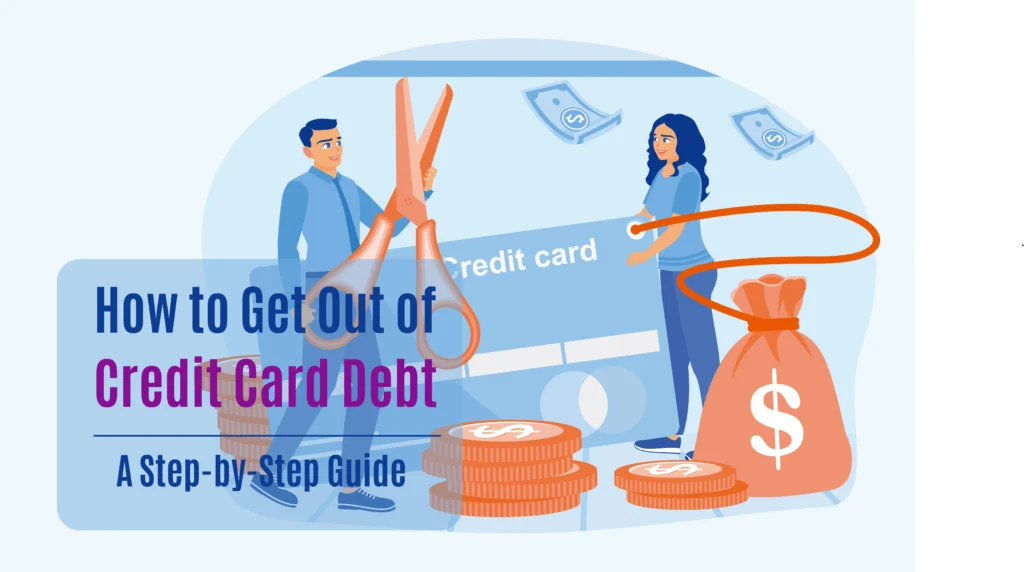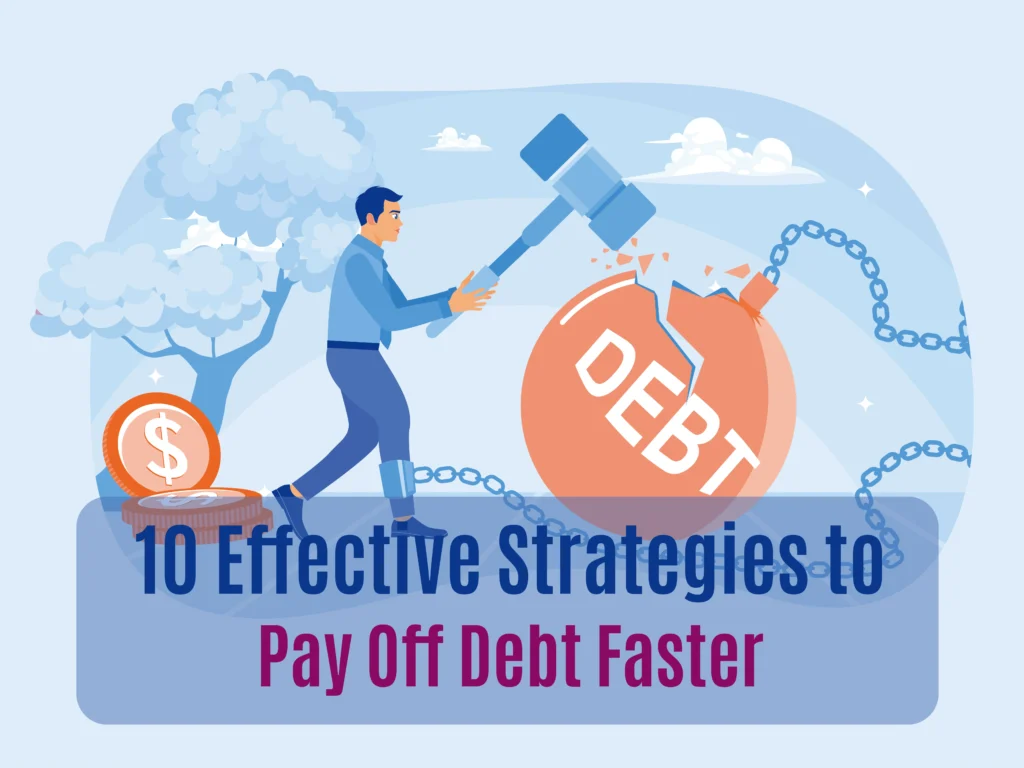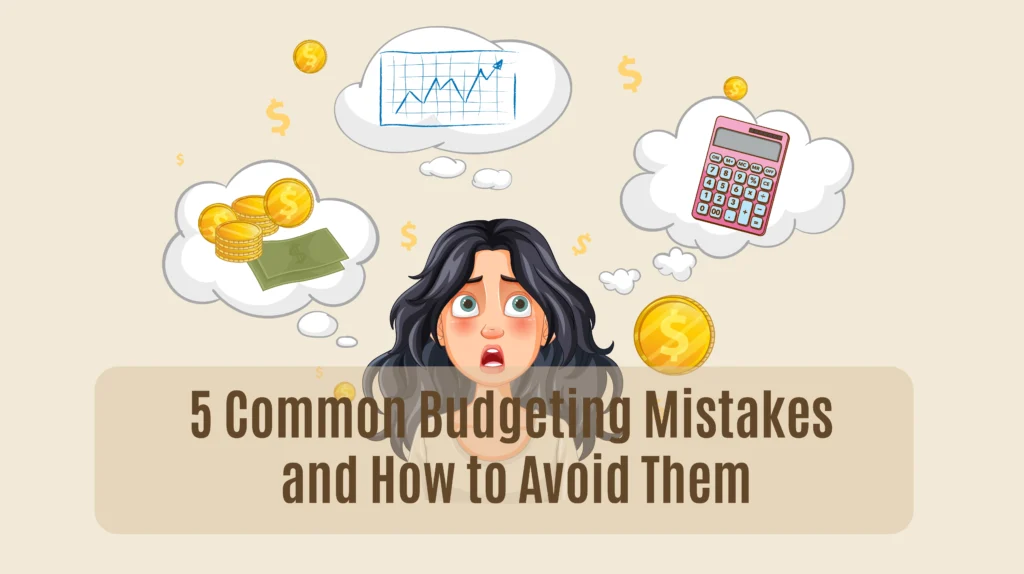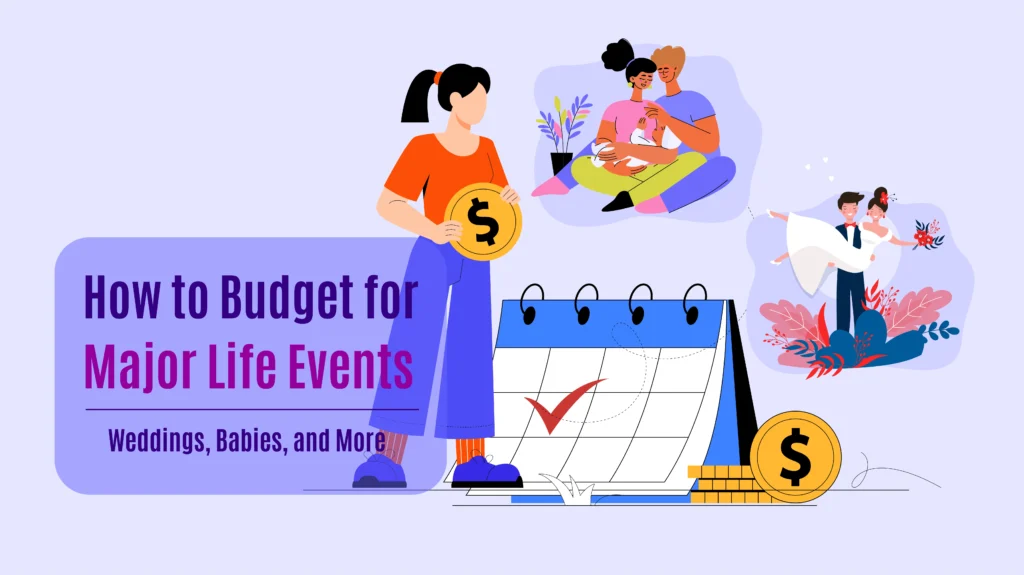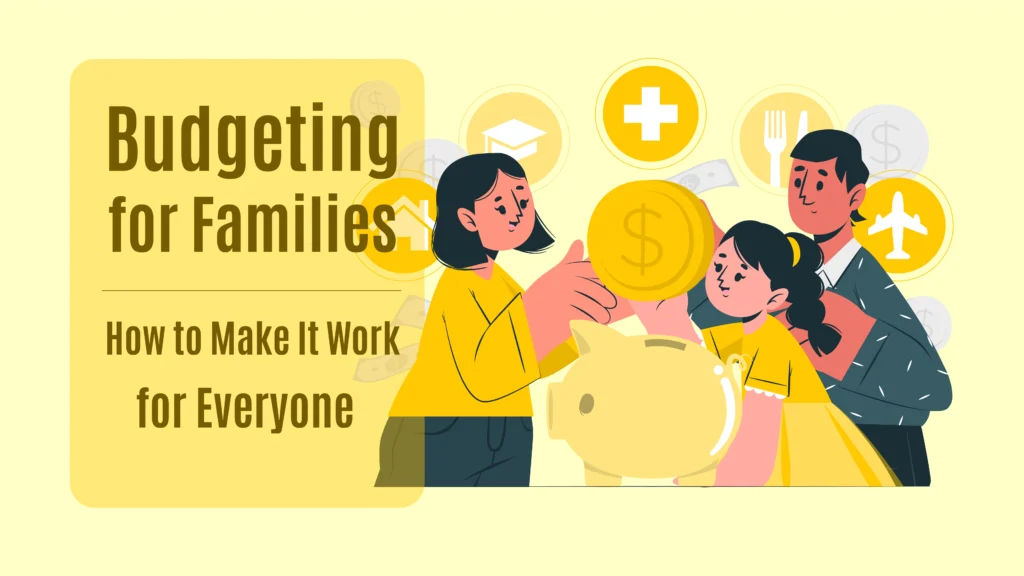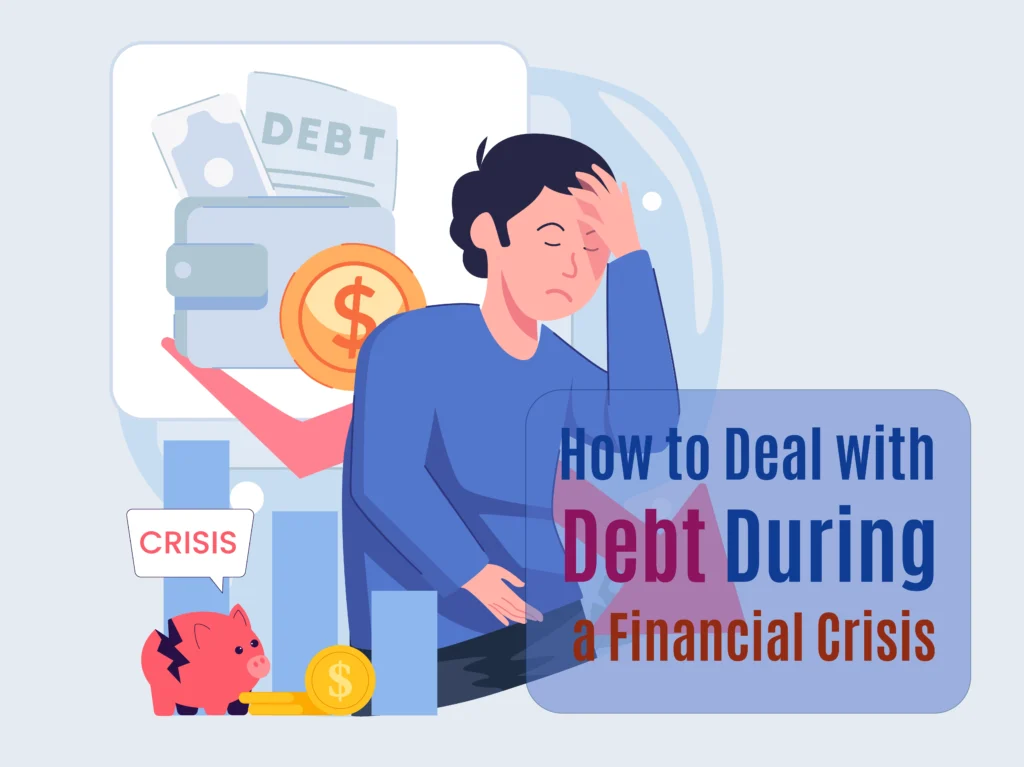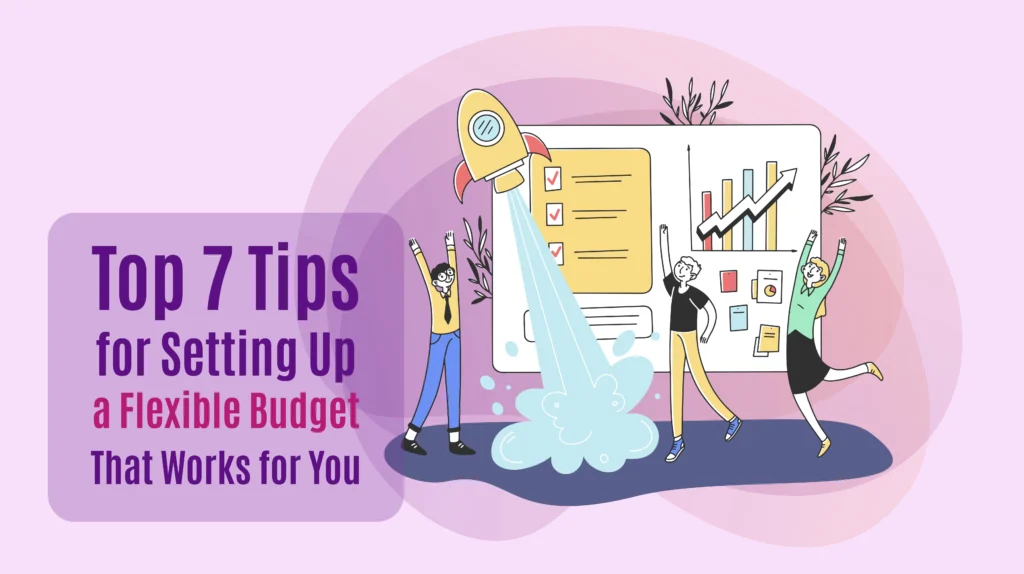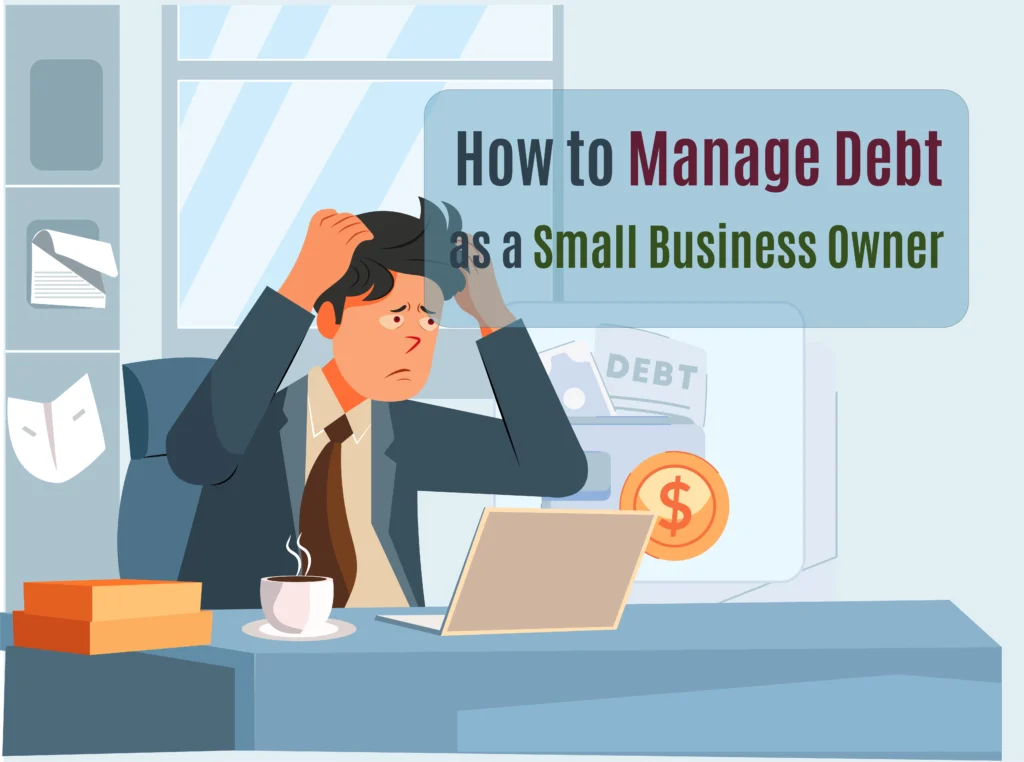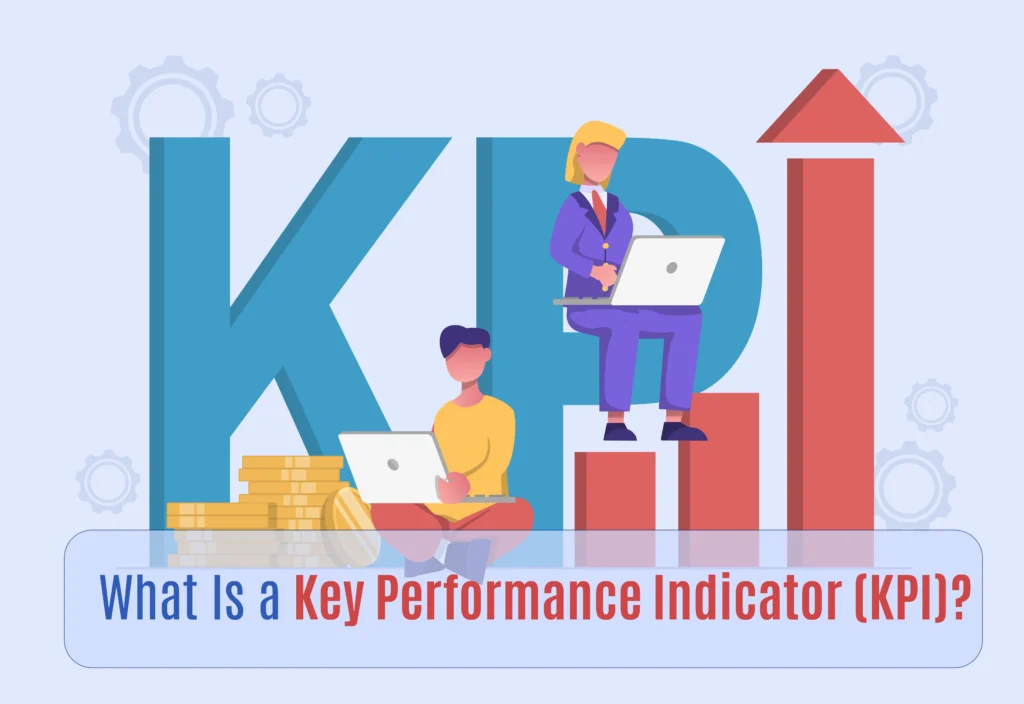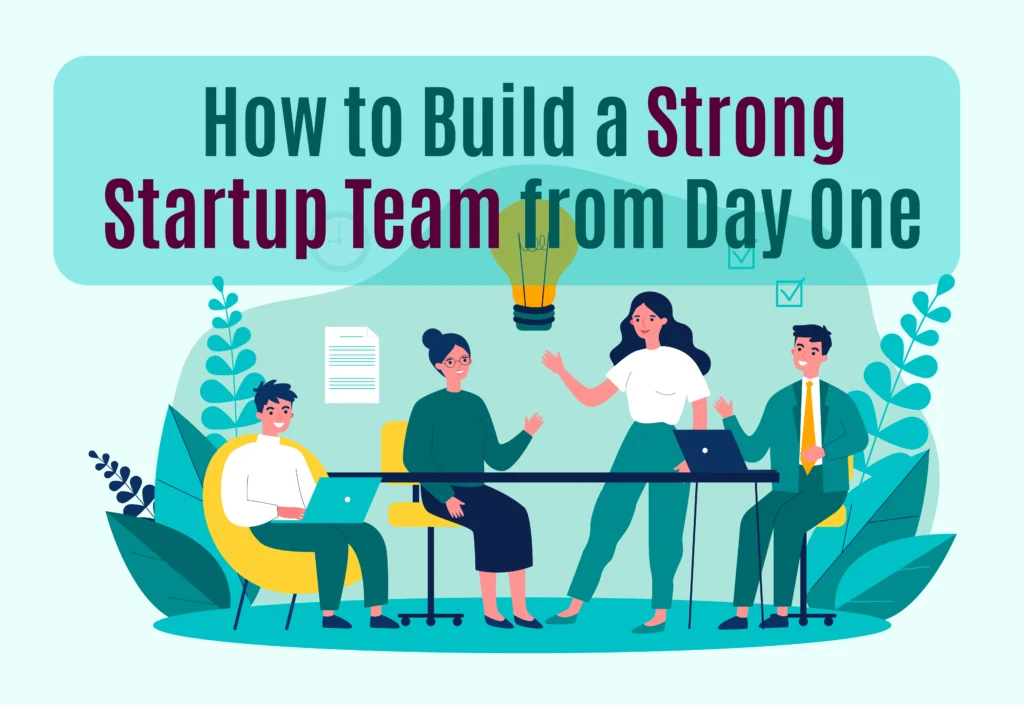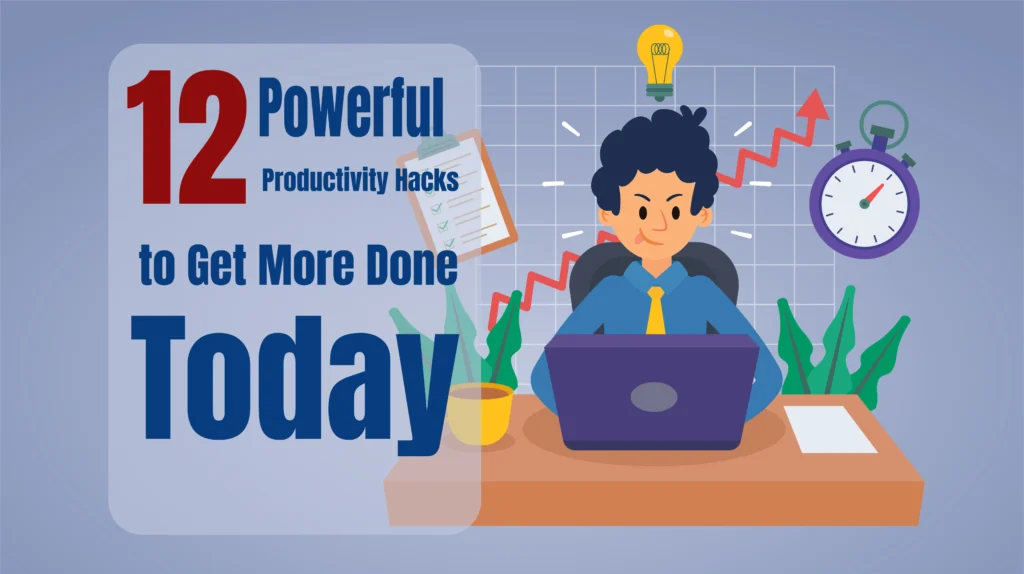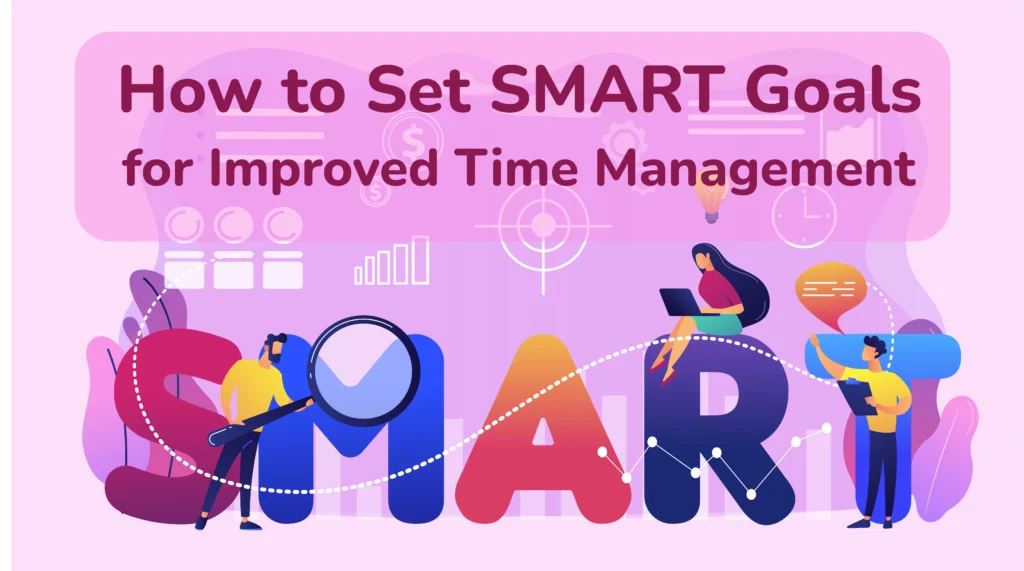Should You Pay Off Debt or Invest? A Financial Guide
Deciding whether to pay off debt or invest is one of the most common financial dilemmas people face. On one hand, paying off debt can save you money on interest and reduce financial stress. On the other hand, investing can help you grow your wealth and prepare for the future.
Balancing these two priorities can be challenging, but the good news is that with the right strategy, you can work on both simultaneously. In this guide, we’ll explore the factors to consider when deciding whether to prioritize paying off debt or investing, and provide actionable advice on how to strike the right balance based on your financial situation.
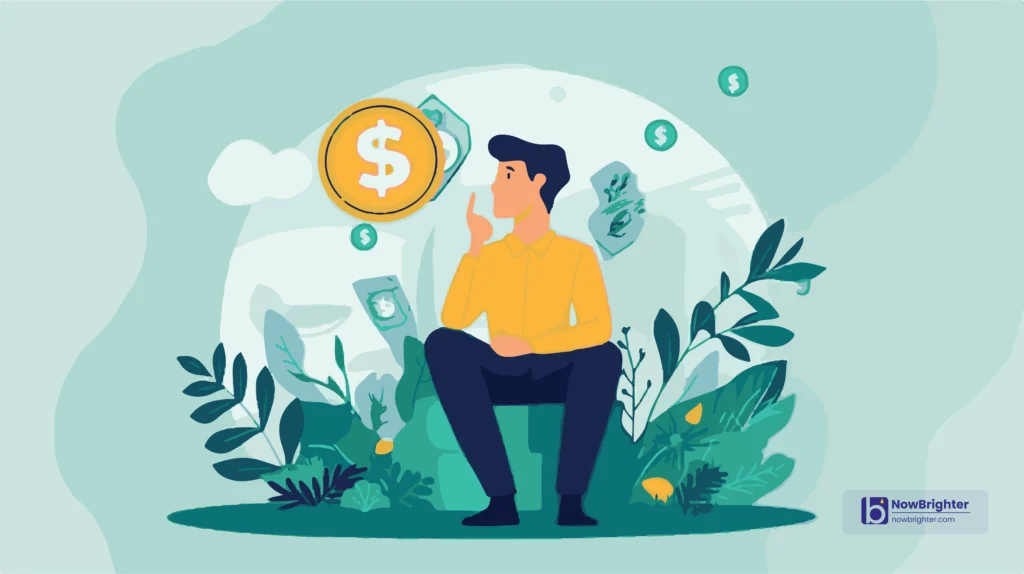
Understanding the Trade-Off Between Debt Repayment and Investing
When you’re trying to decide whether to pay off debt or invest, it’s important to understand the trade-offs involved. Both debt repayment and investing are valuable for building long-term financial security, but they affect your finances in different ways.
The Case for Paying Off Debt First
Paying off debt, especially high-interest debt like credit cards or personal loans, can provide immediate financial relief. Here’s why:
- Reducing Financial Risk: Paying off debt lowers your overall financial risk. Debt, especially high-interest debt, can be costly and unpredictable. By reducing or eliminating your debt, you gain more control over your financial situation.
- Lowering Interest Costs: Debt comes with interest rates, and the longer you carry a balance, the more you pay. Paying off debt early can save you significant money on interest, especially if your debt carries a high rate.
- Freeing Up Cash Flow: When you no longer have to make monthly debt payments, you have more money available to invest, save, or spend on other financial goals.
The Case for Investing First
On the other side of the equation, investing offers the potential for compound growth and wealth building. Here’s why you might choose to invest first:
- Taking Advantage of Compound Growth: The earlier you start investing, the more time your money has to grow through compound interest. Even small amounts invested over a long period can result in substantial returns.
- Outpacing Low-Interest Debt: If you have low-interest debt, such as a mortgage or student loans, the returns from investing may outweigh the cost of your debt. For example, if your debt carries a 4% interest rate and your investments return 7%, you’ll likely come out ahead by investing.
The Importance of Balance
In most cases, the best approach isn’t an “either/or” decision. Instead, it’s about finding the right balance between paying off debt and investing. While paying off high-interest debt can provide immediate financial relief, investing early allows you to take advantage of compound growth. Striking a balance between the two ensures you’re building wealth while reducing financial risk.
Factors to Consider When Deciding Between Debt Repayment and Investing
To make the best decision for your financial situation, consider these key factors when weighing debt repayment versus investing.
Interest Rates on Debt vs. Investment Returns
One of the most important factors in deciding whether to pay off debt or invest is the comparison between the interest rate on your debt and the potential returns on your investments.
- High-Interest Debt (Above 6-8%): If your debt has a high-interest rate, such as credit card debt or personal loans, it’s generally better to focus on paying off the debt. The interest you’re paying is likely higher than the returns you would earn from investing.
- Low-Interest Debt (Below 6%): If your debt carries a lower interest rate, such as a mortgage or student loan, you may be better off investing. Historically, the stock market has returned around 7-10% annually, which could outpace the cost of your debt.
Calculate the interest you’re paying on your debt and compare it to the potential returns from investing. If your debt’s interest rate is higher than the expected return on your investments, paying off debt should be your priority. If your expected investment returns are higher, investing may be the better option.
The Type of Debt You Hold
Not all debt is created equal. Some types of debt, like mortgages or student loans, are considered good debt because they offer long-term benefits, such as building equity or improving earning potential. Other types, like credit card debt or payday loans, are considered bad debt due to their high interest rates and lack of long-term value.
- Good Debt: Mortgages, student loans, and business loans typically have lower interest rates and are tied to appreciating assets or increased earning potential. This type of debt may not need to be paid off immediately, especially if you can invest at a higher return.
- Bad Debt: Credit cards, payday loans, and other high-interest debt should be prioritized for repayment. The high cost of carrying this debt can erode your financial health, and paying it off will free up more resources for investing later.
≫ Related Post: Understanding the Difference Between Good Debt and Bad Debt
Time Horizon for Financial Goals
Your financial goals and time horizon also play a role in deciding whether to pay off debt or invest.
- Short-Term Goals: If you’re saving for a short-term goal, such as buying a house or funding a vacation, you may want to focus on paying off debt first. This ensures that you have more cash flow available for these goals without taking on additional debt.
- Long-Term Goals: If your goals are long-term, such as retirement, you may benefit from investing early. The longer your money is invested, the more time it has to grow. Even small contributions to retirement accounts in your 20s and 30s can lead to significant growth over time.
Your Emotional Relationship with Debt
While financial factors are important, it’s also crucial to consider your emotional relationship with debt. Some people feel anxious or stressed when they carry debt, even if it’s low-interest or manageable. If carrying debt negatively impacts your mental health, it may be worth prioritizing debt repayment to reduce stress, even if investing might offer higher returns.
Risk Tolerance and Personal Preferences
Your personal risk tolerance is another factor to consider. Paying off debt provides a guaranteed return in the form of saved interest, while investing carries some risk due to market volatility. If you’re more risk-averse, you may prefer the certainty of paying off debt, while those with a higher risk tolerance may be comfortable investing, knowing there’s potential for market fluctuations.
Benefits of Paying Off Debt First
If you’re leaning toward paying off debt before investing, here are some specific benefits to consider.
Guaranteed Return on Investment
Paying off debt offers a guaranteed return—the interest you would have paid on the debt. For example, if your credit card carries a 20% interest rate, paying it off is like earning a 20% return, risk-free. In contrast, investments in the stock market can fluctuate, and there’s no guarantee of returns.
Reducing Financial Risk
Carrying debt exposes you to financial risk, especially if your income changes or an emergency arises. Paying off debt reduces your financial obligations, improves your cash flow, and increases your financial stability. With less debt, you’ll have more flexibility to handle unexpected expenses without borrowing.
Improving Your Credit Score
Reducing your debt can also improve your credit score, which has long-term benefits. A higher credit score can help you qualify for better interest rates on future loans, lower insurance premiums, and even improve your chances of securing a job or rental housing.
Benefits of Investing While Managing Debt
While paying off debt is important, there are also compelling reasons to start investing, even if you’re still carrying some debt.
Compound Interest and Time in the Market
One of the most powerful reasons to start investing early is the benefit of compound interest. The earlier you invest, the longer your money has to grow. For example, investing $5,000 at age 25 could grow to over $74,000 by age 65, assuming an average annual return of 7%. Waiting even a few years to start investing can significantly reduce your potential gains.
Employer Retirement Contributions
If your employer offers a retirement savings plan with matching contributions, it’s usually a good idea to invest enough to take full advantage of the match. Employer contributions are essentially free money that can accelerate your retirement savings. Skipping this benefit in favor of paying off low-interest debt could mean leaving money on the table.
Diversifying Your Financial Strategy
Investing while managing debt allows you to diversify your financial strategy. By paying off debt and building investments simultaneously, you’re not relying solely on one approach for financial security. This diversification can help you manage risk and grow your wealth over time.
Finding the Right Balance Between Debt Repayment and Investing
If both paying off debt and investing seem important, you don’t have to choose one over the other. In many cases, the best approach is to do both by finding a balance that works for your financial situation.
Split Your Resources Between Debt and Investing
A common strategy is to split your extra income between debt repayment and investing. For example, if you have $500 a month available after covering your essential expenses, you could allocate $250 toward paying down debt and $250 toward investing. This way, you’re making progress on both goals without sacrificing one for the other.
Focus on High-Interest Debt First
If you have high-interest debt, prioritize paying it off while still making regular contributions to your investments. Once your high-interest debt is eliminated, you can increase your investment contributions. By focusing on high-interest debt first, you’re minimizing the total interest you pay and freeing up more money for long-term investing.
Automate Payments and Investments
Consistency is key to success, both in paying off debt and building wealth through investments. One of the easiest ways to stay consistent is to automate both your debt payments and investment contributions. Set up automatic transfers to your debt accounts and investment accounts to ensure you’re making progress each month without the temptation to spend the money elsewhere.
Special Circumstances and Considerations
There are some situations where it makes sense to prioritize one strategy over the other, depending on your financial circumstances.
Emergency Fund Comes First
Before aggressively paying off debt or investing, it’s important to have an emergency fund in place. An emergency fund should cover 3-6 months of living expenses and protect you from relying on credit cards or loans in the event of a job loss, medical emergency, or unexpected expense.
High-Interest Debt vs. Low-Interest Debt
Focus on paying off high-interest debt first, such as credit cards or payday loans. However, low-interest debt like a mortgage or student loans can often be managed alongside investments. The interest rates on these types of debt are typically lower than the expected returns from investments, making it possible to do both without sacrificing your financial goals.
What to Do with Financial Windfalls
If you receive a financial windfall, such as a tax refund, work bonus, or inheritance, you don’t have to choose between paying off debt or investing. Instead, consider splitting the windfall between the two. Use part of the money to pay down high-interest debt and the rest to boost your investment portfolio.
Conclusion: Achieving Financial Freedom Through a Balanced Approach
Deciding whether to pay off debt or invest doesn’t have to be an all-or-nothing decision. By considering factors like interest rates, financial goals, risk tolerance, and your emotional relationship with debt, you can create a plan that works for your unique financial situation.
In most cases, a balanced approach—paying off high-interest debt while investing—will provide the best path to long-term financial health. Stay consistent, automate your payments and investments, and adjust your plan as needed. With time and discipline, you’ll build both wealth and financial security.

